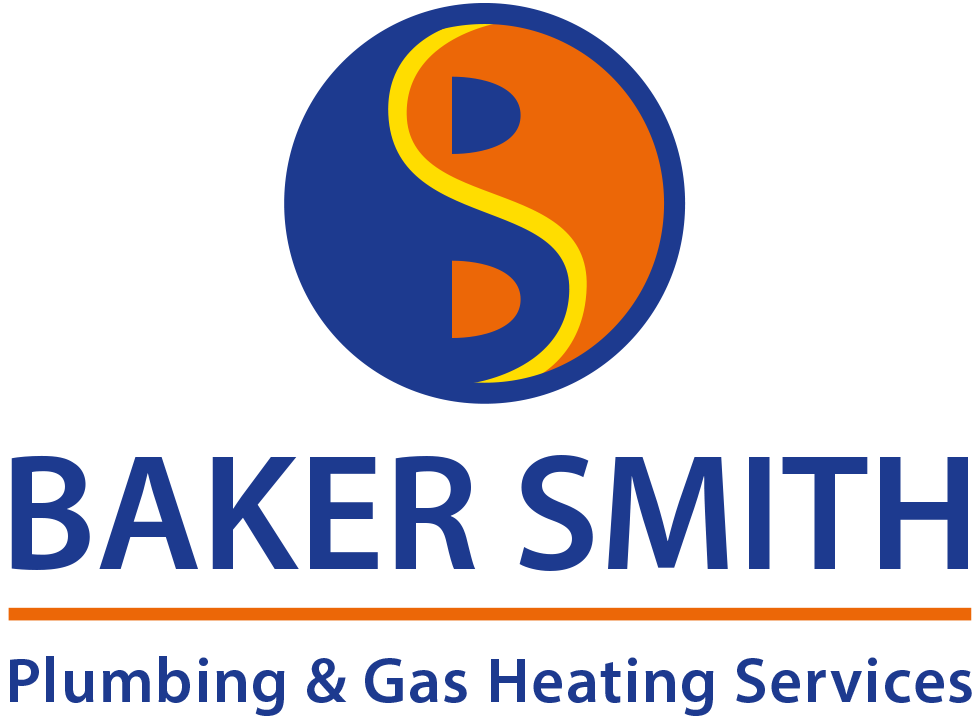Get your Central Heating System ready for the Winter
Winter is slowly creeping in again, and you may already be feeling the chill and turning on your central heating. Now is a great time to think about your central heating and whether it’s working well enough for you – before winter really kicks in! If you feel like your boiler isn’t keeping you warm as it should be, it doesn’t necessarily mean it’s time to get a new one. There are many cheaper things you can try to get your system working as good as new once more. These ideas can also help if you feel like you’re paying too much for your heating.
Here are just a few ideas for saving energy, reducing your bills, and lowering your carbon footprint – all while keeping your house feeling toasty.
Power Flushing
A Power Flush can clean out all the sludge rust, and other debris clogging up your central heating system. The aim of this is to restore full circulation within your system so that water can travel through all the pipes, radiators and boiler. This should make your central heating system more efficient, warming your radiators more quickly and heating your home for less.
Bleeding Your Radiators
Bleeding your radiators is another way to make your heating system more efficient. You can tell if a radiator needs bleeding if it is only heating up at the bottom. Bleeding your radiators releases any air trapped at the top of the radiator, allowing hot water to fill the entire system once more.
Thermostatic Radiator Valves
TRVs allow you to adjust the temperature of individual radiators so that you can hear some rooms in your home while keeping others a little cooler. This is a good way to save energy and money as it means you’re not heating the rooms your’not using, but you can still keep the temperature comfortable in the rooms you use more.
Wireless Room Thermostats
These thermostats can accurately measure the overall temperature of your house and adjust the heating system to ensure your home stays at your desired temperature. This means you don’t have to worry about changing the temperature manually to save energy.
Cylinder Thermostats
Cylinder Thermostats regulate the temperature within your heating cylinder, ensuring the water is only heated when the temperature drops to below 60º-65º.
Unvented Cylinders
These cylinders draw cold water from your mains supply and heat it on demand. Unlike cylinders that constantly heat the water, these only heat water when needed. They also don’t require a cold water storage tank, giving you the added bonus of extra space in your home.
Radiators give off heat in the space all around them, which means half the heat leaves the back of the radiator. If the radiator is on an external wall, some of your energy could be wasted heating your garden instead of your home! Radiator reflectors can stop this heat transfer and reflect the heat back into the room so it doesn’t escape through the walls. This means you don’t have to put the radiator on for long, and you can lower it’s temperature if you have a TRV.
Radiator Fans
These are micro fans which are placed on top of radiators. They are very low wattage and they only come on when a certain temperature is reached. When they come on, they blow hot air from the radiator further into the room, increasing the temperature so that you can have your heating on for the shorter amount of time and lower your heating bills.
Radiator Additive
Radiator additive can help your central heating liquid heat up faster and stay hot for longer, by changing it’s heat transfer properties. This means your heating will reach your desired temperature quicker and your boiler won’t have to work for as long, saving you money on your heating bills.
Heat Recovery Devices
Some of the gas generated by your boiler escapes through the flue, but you can buy heat recovery systems which capture it and use it to heat your water, making your system more efficient.
Hot Water Cylinder Insulation
New hot water cylinders are factory insulated to keep your water at the right temperature, but older cylinders may need some additional insulation to stop heat escaping. You could save money and energy by topping up your insulation.
Inhibitors
The build-up of lime-scale can significantly reduce the efficiency of your hot water system, but inhibitors can prevent this build-up. A chemical inhibitor is a liquid which is inserted into your central heating system and slows down oxidisation, which is the reaction between the metal radiator and the water running through it.
Electrolytic scale inhibitors can also be fitted to your incoming water supply pipe, and these stop lime-scale crystals sticking to any surface in your system, preventing build-up.
Upgrade Your Boiler
The average boiler lasts from between ten and fifteen years, so if yours is getting on a bit you’re encountering problems, it may be time to replace it. Modern boilers are more efficient than older boilers because they are all condensing boilers. All boilers burn fuel efficiently if they are well-maintained, but they tend to lose some heat in the gases that escape up the flue. In contrast, condensing boilers have larger heat exchangers, so they recover more heat and send cooler gas up the flue. Sometimes the flue gases get so cool that the water vapour in the boilers particularly efficient. In fact, a condensing boiler only wastes around 9% of it’s gas, compared to 20%-40% for non-condensing boilers.
If you would like more specific advice for your central heating system, or if you would like Baker Smith Plumbing & Gas Heating Engineers to carry out any repairs, improvements, installations or upgrades, get in touch!
Call 01727 730590 and we will be happy to help you get the most of your central heating and boiler.


